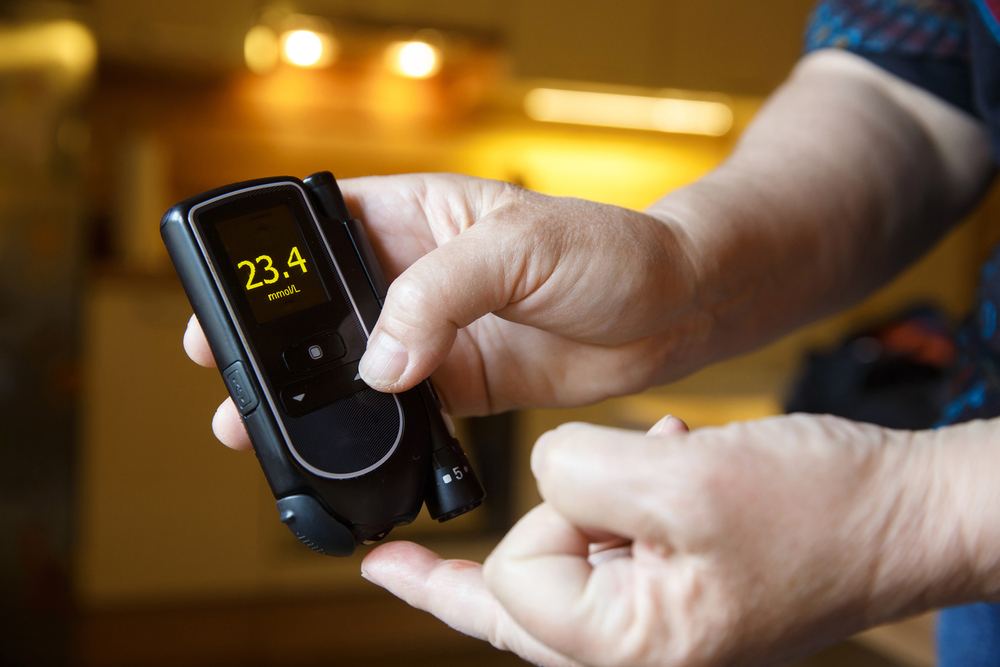
Early Warning Symptoms of Diabetes
Type 2 diabetes, which is often referred to as adult-onset diabetes, is a metabolic disease that results from elevated blood sugar, insulin resistance (or the inability for the body to absorb insulin for energy), or a lack of insulin production. Patients with type II diabetes are unable to utilize insulin properly. Doctors may prescribe medication (i.e., insulin) and/or several lifestyle changes (i.e., healthy diet and exercise) to help manage the following symptoms:
1. Increased thirst and urination
Frequent urination in diabetics is often caused by the body’s trying to remove extra glucose storage. However, frequent urination often causes the patient to lose critical nutrients that trigger several other symptoms on this list. In addition, you may also become increasingly thirsty as you eliminate more bodily fluid then you are taking in. The key is to control your elevated blood glucose levels as quickly as possible.
2. Unexplained fatigue and weight loss
As you begin to lose critical body nutrients, you are more likely to begin to feel sudden and unexplained fatigue throughout the day. This is largely due to the body’s inability to use insulin for energy. In healthy bodies, insulin is produced naturally, however, when glucose levels become dangerously high, they then begin to produce high amounts of ketones. Ketones are created by the body when it cannot find enough insulin to create energy, and the body will begin to look for other areas to source energy (i.e., fat) for fuel.
3. Increased hunger
As fat is suddenly being used to produce energy to keep the body functioning properly, diabetes patients may begin to experience an increase in appetite. This can be dangerous for diabetics, as eating more only leads to higher blood glucose levels.
4. Blurred vision
Perhaps the most misunderstood symptom of diabetes is blurry vision. This occurs due to elevated blood glucose levels in your body, which also affect blood levels in the eyes, causing vision to become distorted and blurry.
5. Frequent infections
Another symptom that is caused because of the excess glucose in your body is frequent infections. People with diabetes are more susceptible to developing infections, as elevated blood sugar levels often weaken immunity. Nerve damage due to high blood sugar may also lead to impaired blood flow to the extremities, and leave certain parts of the body vulnerable to slow wound healing and infection.


